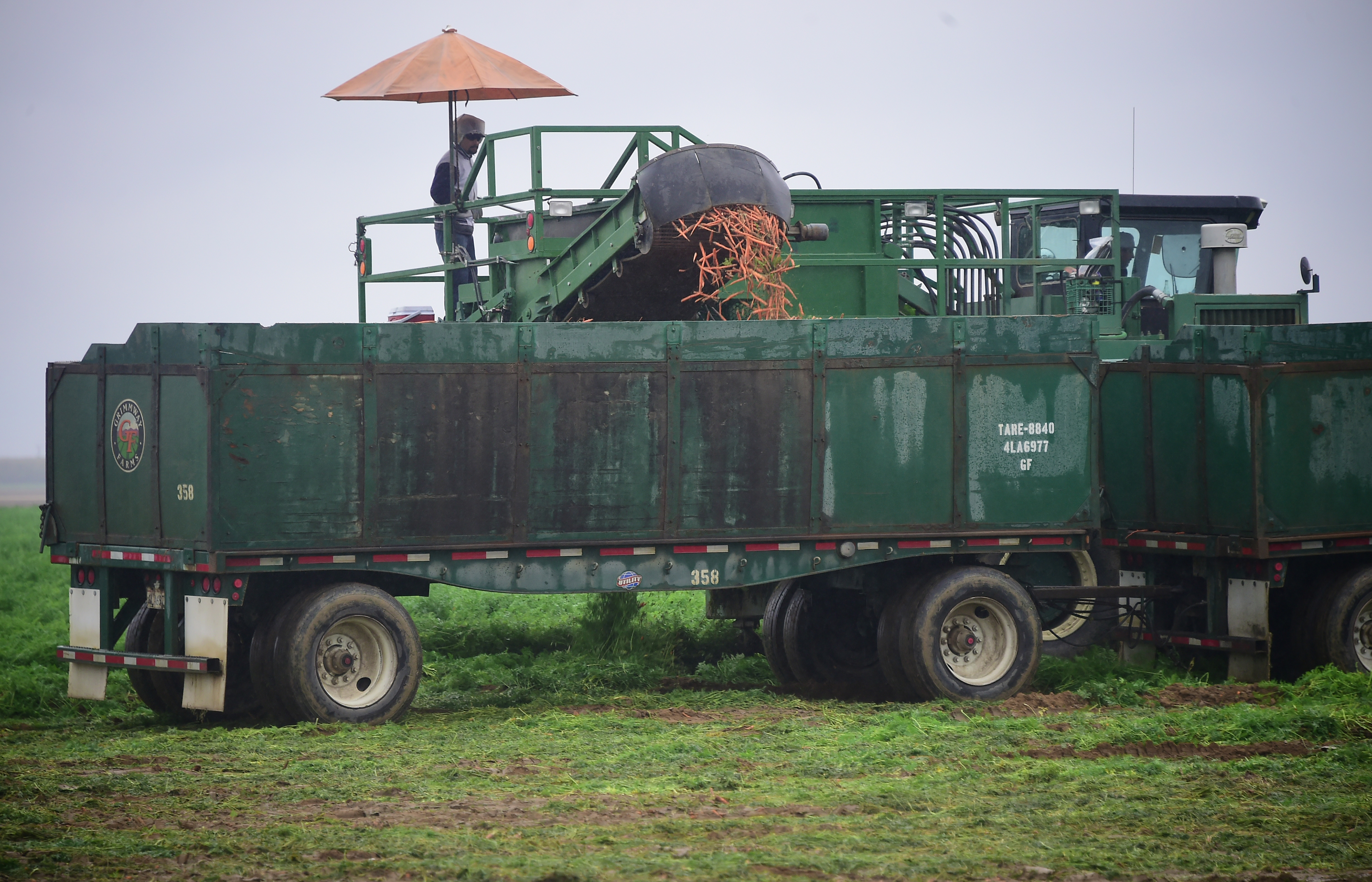
by Veronique DUPONT
Bakersfield, United States (AFP)- Though just a few hours by road from California’s progressive bastions of Los Angeles or San Francisco, Bakersfield is a world away from Tinseltown or Silicon Valley and firmly in Trumpland.
In this town, 54 percent of the population voted for Donald Trump and only 39 percent backed his Democratic rival Hillary Clinton though she won two thirds of the overall vote in California.
“I voted for Donald Trump because I felt he would actually do something, he’s a businessman,” said Lane Selz, 22, sitting in front of a hefty breakfast at Pappy’s Coffee Shop.
It is 5:30 am, a busy time at the diner where the yellow painted walls are adorned with pictures of oil platforms, gas station logos and stuffed bison.
“Oil fields and farming is what makes Kern County, that’s everything,” said Selz. “We’re in a drought, oil prices have crashed, so we need help … something’s gotta change.”
Oil prices have plummeted by half in the last two years and thousands have lost their jobs.
Selz’s father was laid off after working 30 years as a crude oil hauler in the fields of Kern County where oil derricks dot the landscape.
His 24-year-old friend Burt Reynolds, who was eating breakfast with him at the diner, also lost his job in the sector.
A few tables down, Trevin Butler, 43, sporting a beard and handlebar moustache, laments that his hours were first reduced and then his pay was cut.
“Then they say ‘sorry we’re outta work’, so it’s kind of hard to raise a family,” said the father-of-three.
Adds his friend, Lawrence Andrew: “I’ve seen families losing their houses all over the place. It affects every other industry around here, not just oil. It’s all tied together.”
Residents blames Democrats for what they say is excessively strict anti-pollution legislation that has affected the state’s oil industry.
And they believe Trump will deliver on his promise to “cancel job-killing restrictions on the production of American energy.”
“The liberals view the oil industry as evil while they enjoy driving their cars,” said David Miller, owner of a welding company in Bakersfield.
Everyone here repeats they “work hard.” Their work entails hauling heavy equipment in the oil fields under often searing temperatures. The same applies for those who work in farming, the other main industry in the region.
‘Not politics as usual’
Bakersfield has traditionally been a Republican bastion. The population is largely white and just about everyone goes to church and owns a gun. It feels closer to the “Bible Belt” than to California’s hippies.
“It’s an entire different region from the rest of California,” said Mark Martinez, head of the political science department at California State University Bakersfield. “You can take Kern County and put it right in the middle of Texas and nobody would skip a beat.
“They would be very comfortable being in Texas politically, religiously.”
Selz noted that the town’s ancestors were farmers and cattle ranchers who came from Oklahoma, fleeing the famine that resulted from the “Dust Bowl” of the 1930s.
These desperate “Okie” migrants were often dismissed as “hillbillies” but in Bakersfield, residents look at their roots as a badge of honor.
“We relate to the hardworking people even though we’re called ‘deplorables,'” said Les Clark, head of the Independent Oil Producer’s Agency, referring to the term used by Clinton during the campaign to describe some of Trump’s supporters.
“A lot of us have education,” he added. “I think we were underestimated.”
Beatris Sanders, head of the Kern County Farm Bureau said voters in Bakersfield are counting on Trump to follow through with his promises to protect American jobs and offer “something that is not politics as usual.”
She said she hoped Trump would hold to his vow to roll back on some free trade agreements such as NAFTA.
However, Sanders said that while many in Kern County are in favour of Trump’s plan to build a wall on the US-Mexico border and deport millions of undocumented workers, most farmers here support offering legal status to farm hands.
“In farming, we depend so much on that agricultural base to harvest, to get fruits from the fields to the table,” she underlined.







